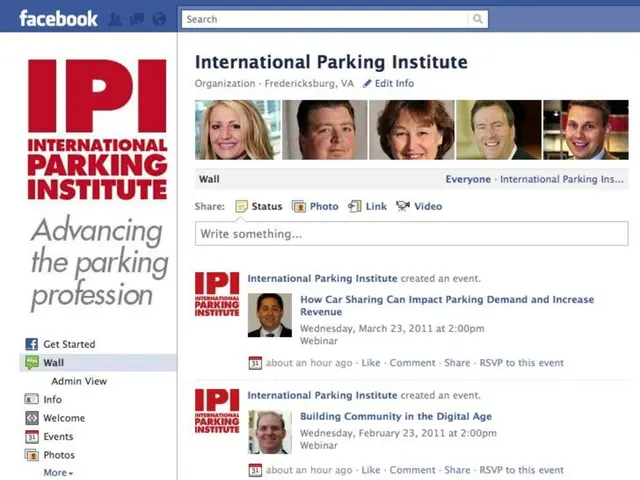Online gambling regulations in Brazil: Regulatory body unveils key details
Revamping Online Gaming in Brazil: A Fresh Spin on Regulations 🎲🇧🇷
Brace yourself, betting fans! Brazil's online gaming industry is about to undergo a massive revamp, bringing increased transparency, consumer protection, and responsible gaming to the table. Here's what you need to know about the new rules, based on the recently implemented Law 14.790/2023.
Shining the Light on Transparency 🔦
Let's call it shining some light on operators—all of them must register on the government's Consumidor.gov.br platform to handle consumer complaints and disputes, giving authorities real-time oversight. What's more, the Ministry of Finance has introduced Sigap, a Betting Management System, to monitor real-time betting activity and financial transactions, keeping fraud at bay.
As for gaming companies' fiscal responsibility, they'll adhere to standards that ensure the use of certified random number generators (RNGs) and proofs of game integrity.
Avoiding the Naughty List 🚫
There's zero tolerance for illegal operators. Unlicensed platforms that refuse to play by the rules risk penalties or shutdowns to curb exploitative practices. Data misuse is also prohibited, leading to sanctions under Brazil's General Data Protection Law (LGPD).
In addition, failure to address consumer complaints or resorting to unfair dispute resolution means kissing your license goodbye.
Promoting Responsible Gaming 😇
To help keep players from running wild, operators must implement features like deposit limits, session alerts, and self-exclusion options. Identity verification will be mandatory, involving facial recognition, geolocation, and CPF-linked bank accounts to ensure accountability. Regulatory bodies such as the Secretariat of Prizes and Bets (SPA) have prioritized initiatives to combat gambling addiction.
Navigating the Licensing Maze 🏢
If you're an operator trying to get a piece of the action, the licensing process involves a few steps. First, you'll need to demonstrate financial stability, technical compliance, and adherence to the LGPD.
Once you've taken care of the pre-application checks, it's time for formal application. You'll submit operational plans, responsible gaming protocols, and KYC frameworks to the Ministry of Finance.
The final step? Registered operators are subject to continuous monitoring via Sigap and Consumidor.gov.br. Since the January 2025 implementation, the number of licensed operators has skyrocketed from 14 to 66, reflecting stricter enforcement and increased market confidence in the regulatory framework.
Stay tuned, sports bettors! As we gear up for January 1, 2025, the gaming landscape in Brazil is set to change, ensuring a more transparent, fair, and responsible online gaming experience. 🍻🚀
— Written by Alina Shvets (with a few helpful tidbits sprinkled in from our research)
Also, check out these related articles on sporting.net:
- Gaming boom in Brazil: Global giants ready to enter the market
- In Brazil, sports betting enthusiasts will undergo biometric verification
- In Brazil, the online gambling industry is bracing for a major transformation, as operators are required to register on the government's Consumidor.gov.br platform.
- The new regulations include the implementation of Sigap, a Betting Management System, that will monitor real-time betting activity and financial transactions to prevent fraud.
- To avoid penalties or shutdowns, illegal operators must comply with the rules and obtain proper licensing to avoid being labeled as unlicensed platforms.
- Operators are tasked with implementing responsible gaming measures, such as deposit limits, session alerts, and self-exclusion options, as part of the efforts to combat gambling addiction.
- Licensed operators in Brazil must demonstrate financial stability, technical compliance, and adherence to the General Data Protection Law (LGPD) to maintain their licenses.
- Global gambling giants are ready to enter the Brazilian market as the gaming landscape evolves towards increased transparency, consumer protection, and responsible gaming standards by January 2025.








